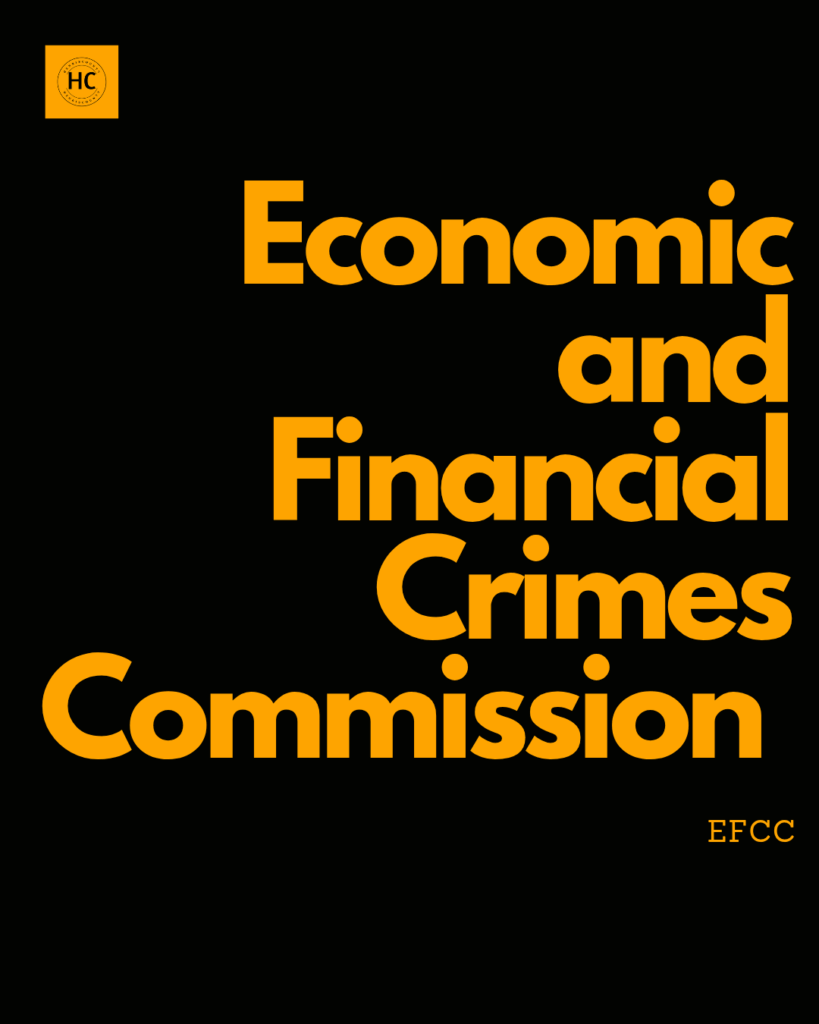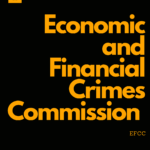Justice Balkisu Bello Aliyu of the Court of Appeal, Abuja Division, has ruled, the Economic and Financial Crimes Commission (EFCC) does not possess the power to “investigate and prosecute” cases of tax evasion, as well as, otht tax-related issues.
The EFCC “has no statutory power to cause investigation on tax evasion”, according to the ruling.
Justice Balkisu gave the ruling following a unanimous judgment of three Justices, they are: Balkisu Bello Aliyu, Adebukunola Banjoko and Okon Efreki Abang.
However, the anti-corruption Agency, not satisfied with the judgement, headed to the Court of Appeal where Justice Aliyu, in her ruling, “held that the learned trial judge erred in holding that the EFCC “has no power to investigate tax evasion in view of Section 46 of the EFCC Act”.
According to the EFCC: “Justice Balkisu Bello Aliyu of the Court of Appeal, Abuja Division, has affirmed the power of the Economic and Financial Crimes Commission, EFCC, to investigate and prosecute cases of tax evasion and other tax-related issues.
“She gave the ruling in Abuja in a unanimous judgment of three Justices: Balkisu Bello Aliyu, Adebukunola Banjoko and Okon Efreki Abang.
“The judge set aside the judgment of the trial judge, Justice Taiwo . O. Taiwo of the Federal High Court sitting in Abuja that the EFCC “ has no statutory power to cause investigation on tax evasion. The trial judge also ruled that the Commission cannot extend its investigation of money laundering to tax evasion, being the predicate offence.
“The judgment of the trial court originated from the suit of Insurance Resourcery and Consultancy Service Limited that dragged the EFCC to court for inviting and investigating its officials for tax evasion, claiming that the Commission lacked the competence and legal right to do so. The company relied on several Sections of the Federal Inland Revenue Service, FIRS, Act to make its claims.
“Dissatisfied with the judgment of the trial court, the EFCC approached the Appellate court relying on Section 46 of its Act and asking for the setting aside of the judgment of the trial court on five grounds of appeal. One of the grounds is whether the trial court was right when it held that the Commission lacked statutory power to invite or investigate Resourcery and Consultancy Service Limited for money laundering which has tax evasion as a predicate offence.
“In her ruling, Justice Aliyu held that the learned trial judge erred in holding that the EFCC “has no power to investigate tax evasion in view of Section 46 of the EFCC Act. Further, since the FIRS Act itself specifically provides and supports collaboration between the FIRS and the EFCC and other Government Agencies in the investigation and enforcement of tax evasion, it followed that the above finding of the trial court that the Appellant cannot extend its investigation of money laundering to tax evasion as a predicate offence is not supported by law and therefore wrong and I so hold”.
“The judge also set aside other issues for determination in favour of the EFCC, stressing that “ having resolved the two issues for determination in favour of the Appellant means that the appeal is meritorious and it is allowed by me. Consequently, the judgment of the Federal High Court, sitting in Abuja, delivered on 28th July 2022 by Hon. Justice Taiwo. O. TAIWO IN Suit No: FHC/ABJ/CS/457/2022 is set aside in its entirety”.”



